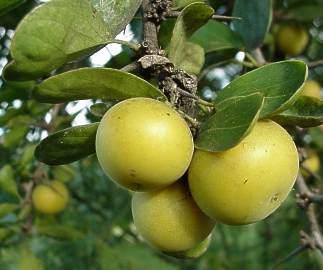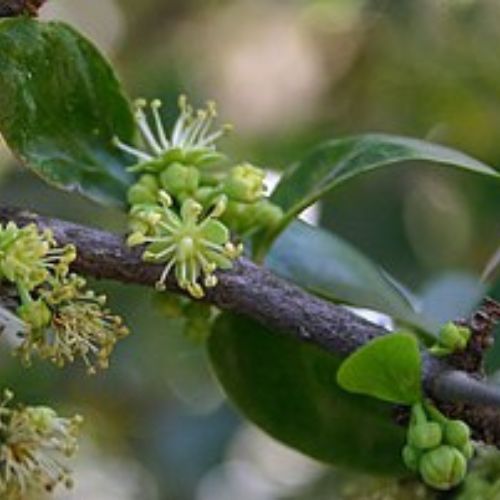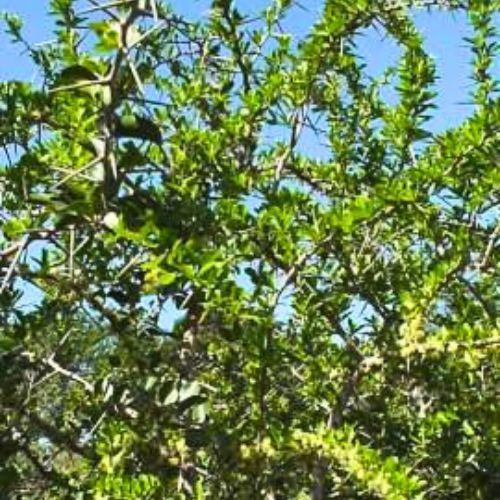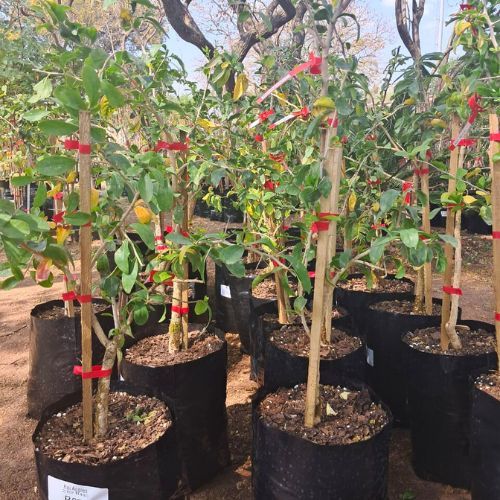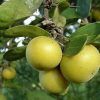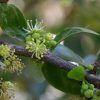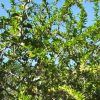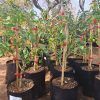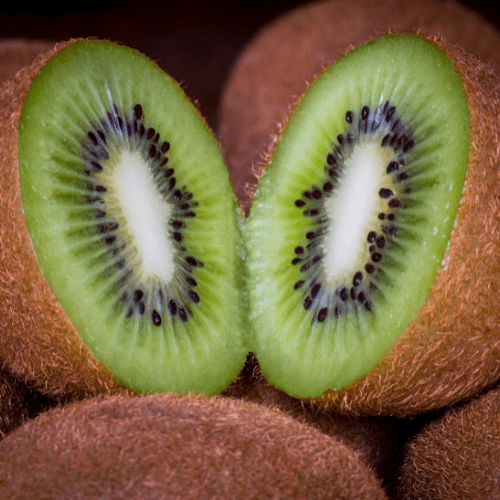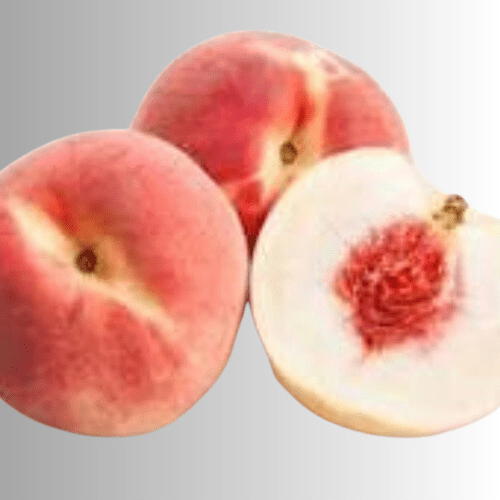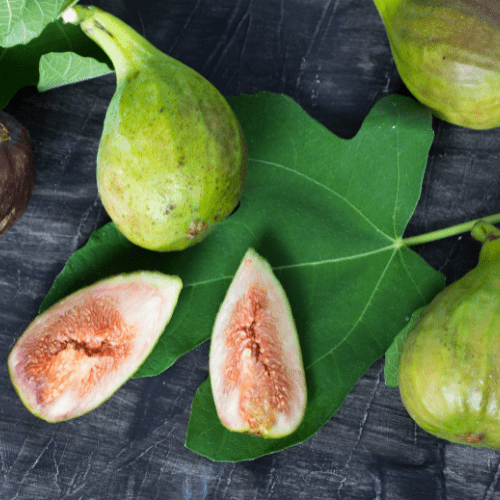Position
Kei apples are native to Southern Africa and have been found growing wild in South Africa, Swaziland, Mozambique, and Zimbabwe since ancient times. Choose a sunny spot and plant at least 5m apart, or closer if you want an impenetrable hedge.
Soil
Well-draining soil is crucial.
Add organic matter, such as compost, to enhance soil drainage and promote a healthy soil structure that supports root development. Adding half a bag of our Volcanic Rock Dust and a whole bag of Superfrass will help promote rapid growth. They also protect the roots from insects.
Watering
Newly planted trees require consistent watering, but the soil should not be overly wet. Water deeply once a week, allowing the top few inches of soil to dry out between waterings.
Once established, water the top 1-2 inches of soil when they are dry. Reduce frequency during cooler months. Over-watering can lead to root rot.
Mulching
Add a thick layer of pine bark mulch, keeping it approximately 5 cm thick, away from the tree trunk (any closer may cause excess moisture and damage the trunk). This mulch helps retain moisture in the soil, prevents weed growth, and provides a protective layer for the roots.
Fertilising
Apply one teaspoon every 4-5 months of our slow-release, nitrogen-rich all-purpose fertiliser. The roots will absorb what they require.
Pruning
Pruning is not necessary, but it will improve the aesthetic, as this is generally a scraggly tree.
Pests and Diseases
These trees are generally free of pests and diseases. Regular inspection and appropriate pest control measures can help manage these issues.
Be mindful of fungal diseases, such as root rot. To reduce disease risk, ensure good air circulation, and avoid overwatering.
Agricultural Neem Oil or Effective Microorganisms (EM) Control will assist in either prevention or after-the-fact management.
Harvesting
Kei apples are available in the late summer. Only the female produces fruit after about 4 years.

